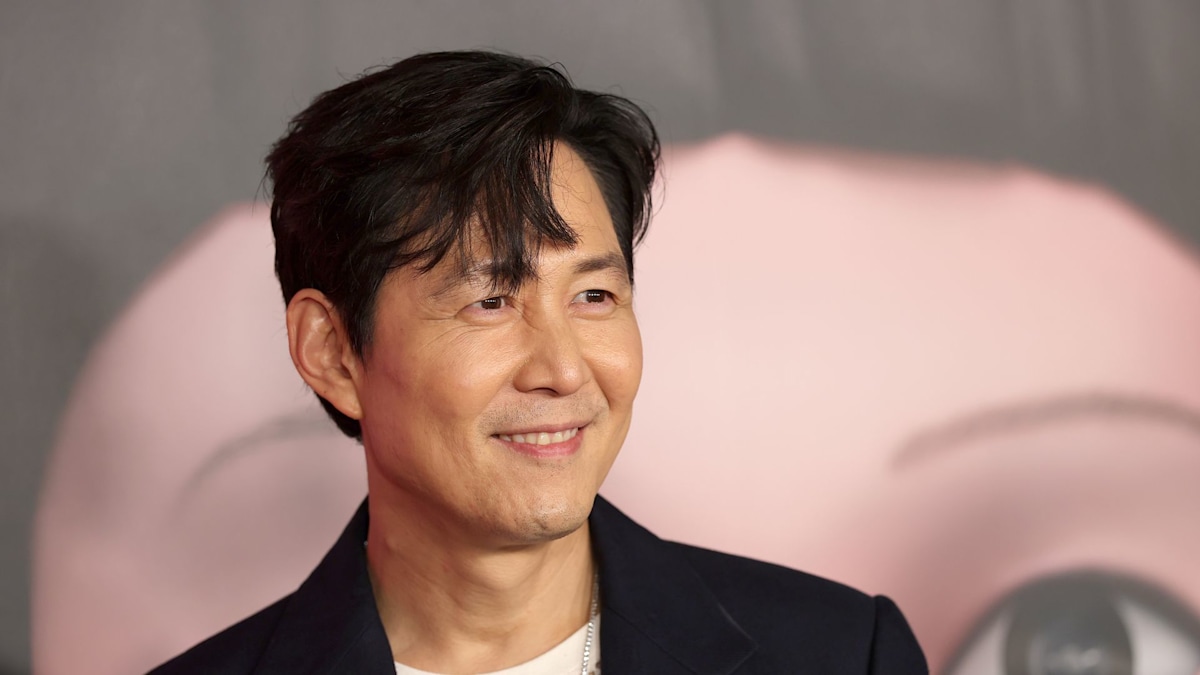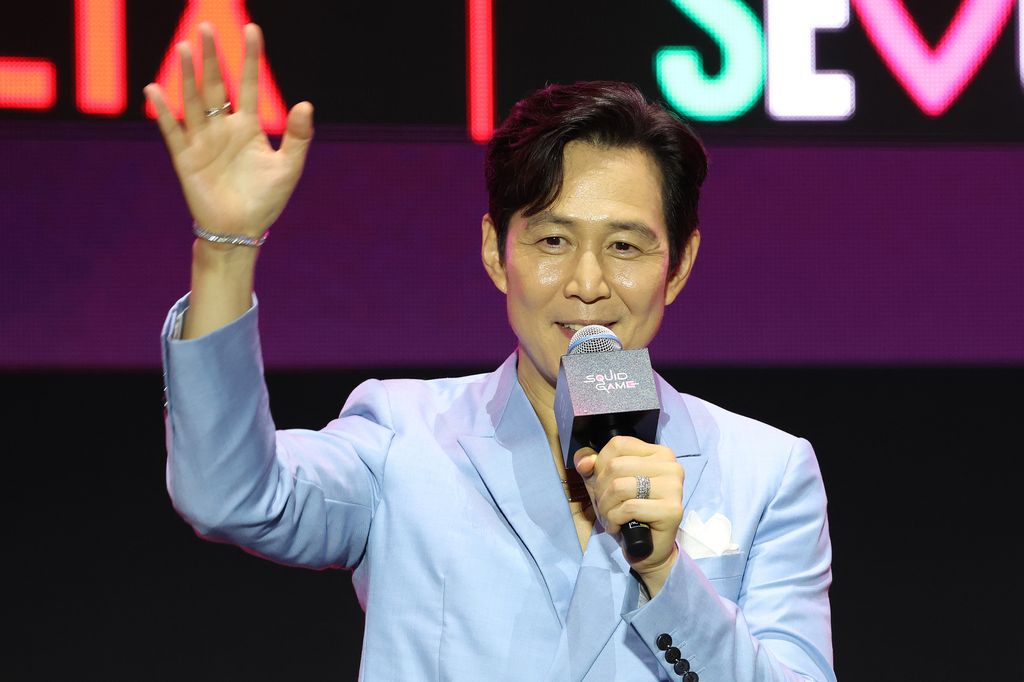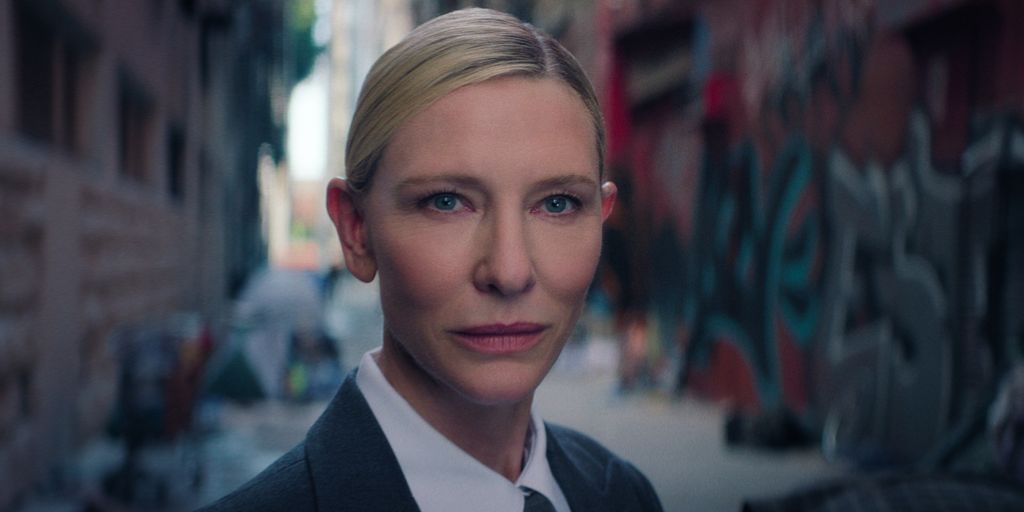Korean actor Lee Jung-Jae is famed for his leading role in Squid Game, as Seong Gi-Hun. While the fellow game players in the show are hellbent on getting more money, he’s trying to end the games altogether. In real life, Lee isn’t short of money thanks to his successful acting and directing career.
As reported by K-en News, Lee has made a dazzling $173.2 million property purchase through a company called Bepictures.
It is believed that he secured a loan to seal the deal on a mammoth six-storey building in Cheongdam-dong, Seoul. The impressive building also has two basement floors.
It is unknown what the purpose of the building will be, but it’s certainly an exciting time for Lee as he rides on the success of the hit Netflix series.
Lee was the first Asian actor to win Outstanding Lead Actor for a non-English speaking role at the Emmys. He now has a net worth of $12 million. It’s a far cry from his humble roots where he grew up poor and dreamt of being a taxi driver as a way of earning cold, hard cash.
Lee on the desired lesson from Squid Game
Speaking to The Hollywood Reporter about Squid Game, he explained what he wanted the moral takeaway to be from the show: “What I hope people takeaway is that we all get hurt and betrayed by others, which can lead to hatred, but we still have to carry on and live together in society.
“We have to try to understand each other, to keep our dignity and work towards harmony. If we can do that — work together with others, no matter what we’ve been through — we may see a future with less division and conflict. That’s where hope lies.”
A US version of Squid Game?
Season three of Squid Game has just come to a conclusion, leaving fans divided about the finale. The end scene, set in the US, got tongues wagging about a potential American version, but creator Hwang Dong-hyuk has denied this, telling The Hollywood Reporter: “This story started out with me wanting to tackle issues about the limitless competition and the system that’s created in late capitalism. I wanted to leave it on a note highlighting the fact that these systems, even if one comes down, it’s not easy to dismantle the whole system — it will always repeat itself.
“That’s why I wanted to end it with an American recruiter. And I wrote that scene wanting an impactful ending for the show, not in order to open rooms for anything else.”
Read the full article here








